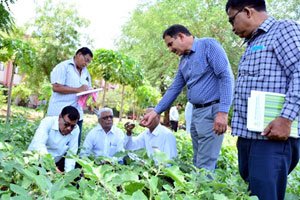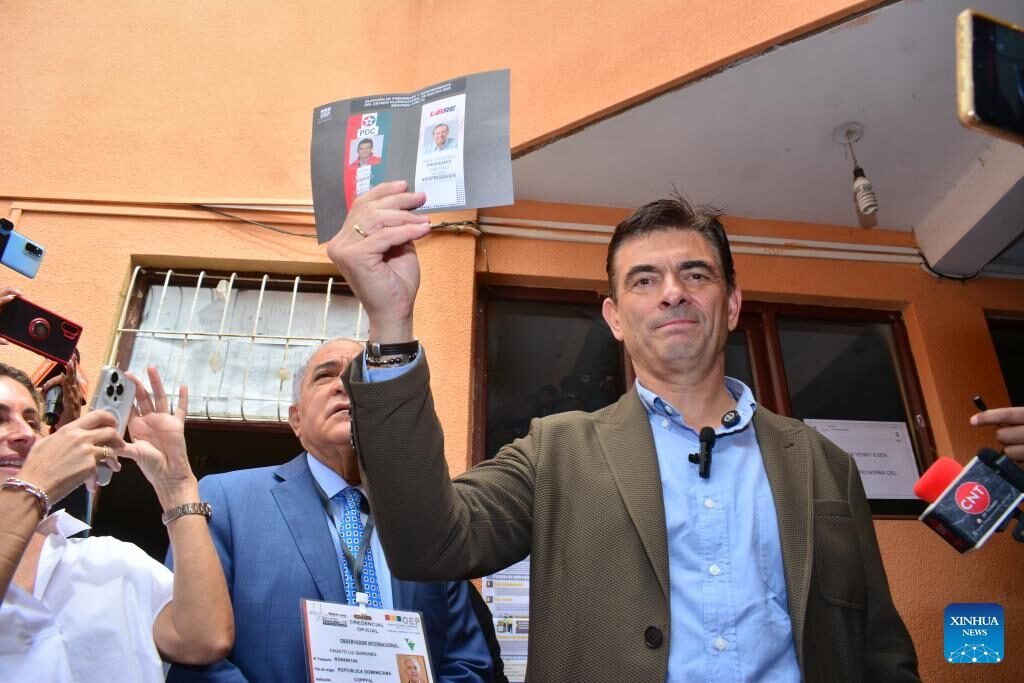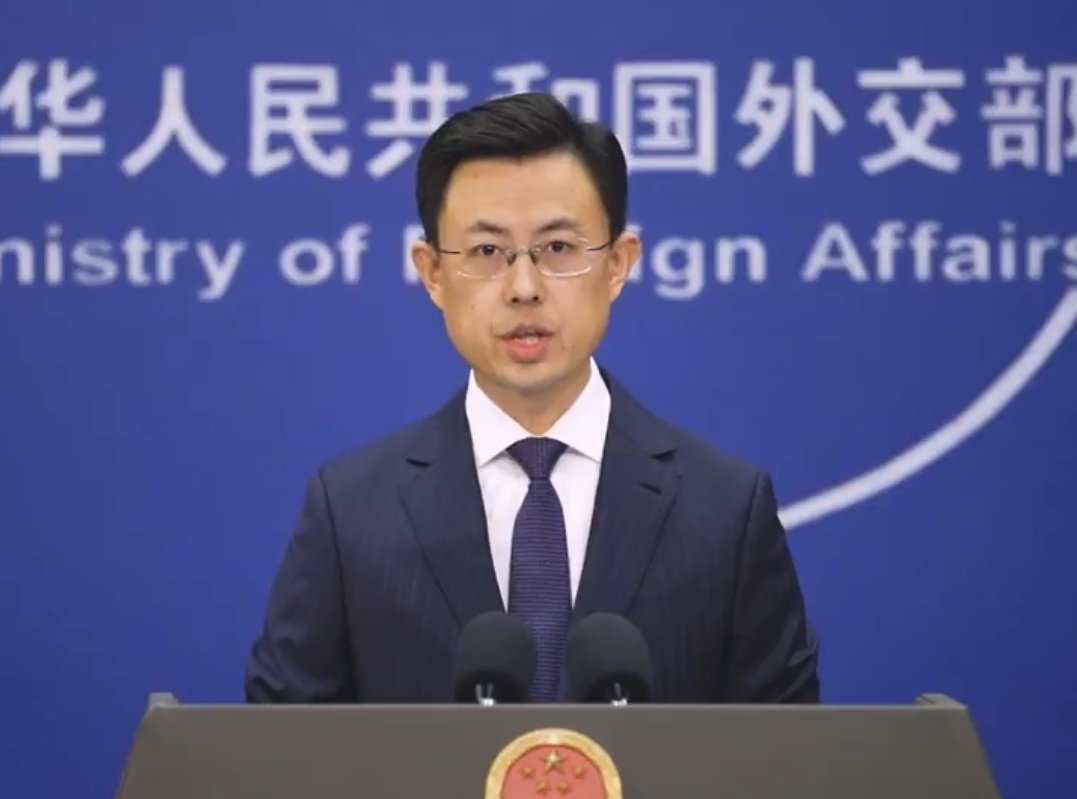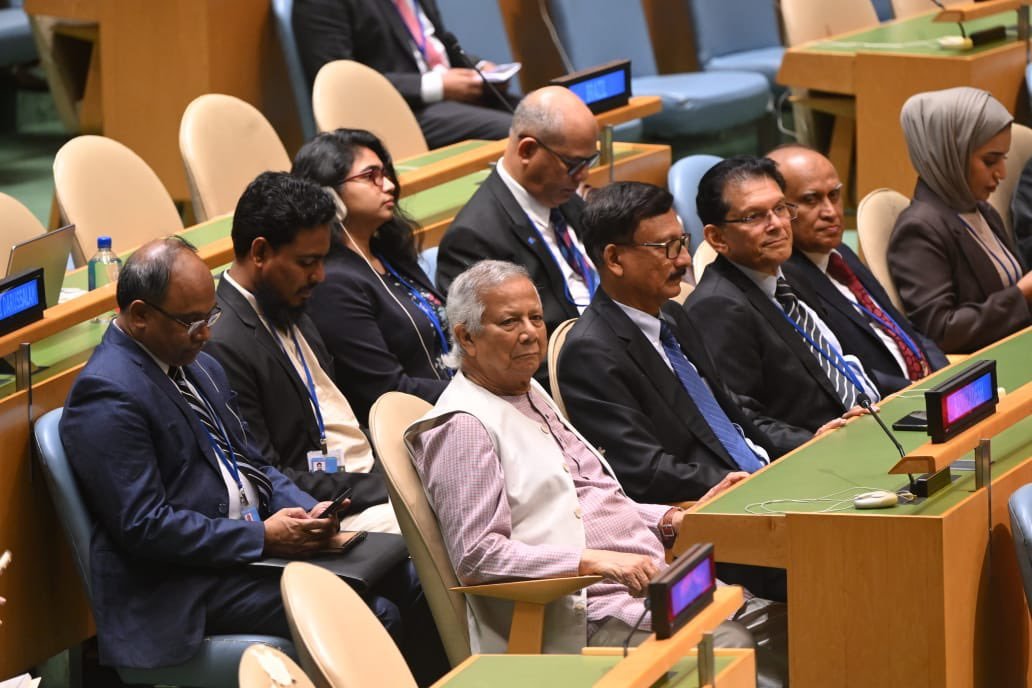
Hyderabad, Oct.22 (NSS): NIPHM has organized international training programme on ‘Production Protocols of Bio-inputs for Sustainable Agriculture’ in collaboration with Indian Technical and Economic Cooperation Programme-Ministry of External Affairs (ITEC-MEA), Government of India from October 9 to 22. In the programme 27 officers from 16 countries viz. Algeria, Argentina, Belize, Bhutan, Cameroon, Egypt, Eritrea, Ethiopia, Fiji, Ghana, Guyana, Morocco, Nicaragua, Tanzania, Turkey and Zimbabwe participated.
Since indiscriminate use of chemical fertilizers and pesticides in agriculture has resulted in collateral damage to soil, ground water, air and biodiversity in the form of pollution reduction in the soil fertility, avoidable pest recurrence and pesticides resistance, this course was designed to reduce excessive reliance on chemical inputs in agriculture and to produce biological inputs like bio-fertilizers, bio-pesticides and biological agents such as parasitoids, predators by farmers themselves.
The participants from 16 Global South countries were given inputs on various production protocols of bio-inputs, in-order to facilitate ecologically sustainable plant health and pest management practices for sustainable agriculture growth. Participants were given both theoretical and practical inputs with the intension to develop their skills and to transfer the technologies learnt to other stake holders in their respective countries. The inputs provided by the faculty of NIPHM were positively received and in the feedback many of the international participants have promised to pass on these technologies to their farmers in the respective countries.
During the valedictory session of the programme, Dr Sagar Hanuman Singh, Director General, NIPHM addressed the participants and emphasised on concern about growing population, food demand and food security across the globe. He also underlined the adverse effects of pesticide consumption across the countries and their consequences on plant and soil health. All the participants committed to themselves to implement the “back at work” plan in their respective countries with the technical support of NIPHM.








